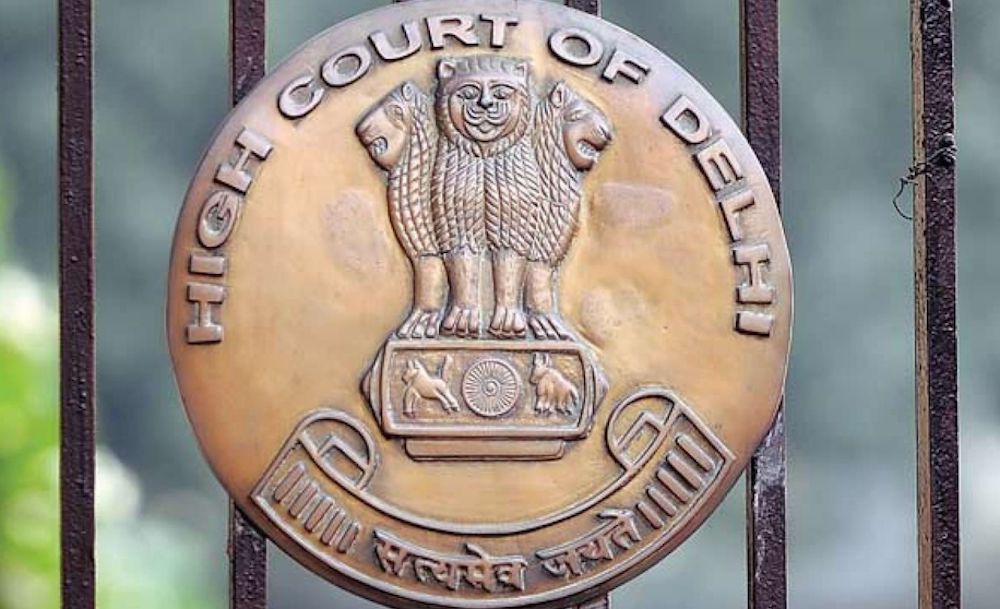LI Network
Published on: November 03, 2023 at 15:18 IST
The Delhi High Court has recently highlighted the distressing trend of dowry deaths, shedding light on the persisting perception of women as financial burdens in society. While upholding the sentence of a man convicted for demanding dowry from his wife, a demand that tragically led to her suicide, the court emphasized that dowry deaths are not solely about male dominance. Rather, they often involve women themselves perpetuating hostility towards their fellow women.
Justice Swarana Kanta Sharma pointed out that these cases reveal complex dynamics where women participate in perpetuating hostility against their counterparts. This situation reinforces the idea that women are often viewed as financial burdens, with their marriage prospects and associated expenses taking precedence from their very birth. This can overshadow their educational and career aspirations, particularly in financially weaker segments of society.
The court also noted that the psychological stress and emotional trauma inflicted by in-laws repeatedly demanding dowry and subjecting women to a life akin to servitude can be even more damaging than physical violence.
The victims of dowry death endure excruciating psychological trauma, as they are forced to fulfill these demands, even after marriage. The demands are made simply because they are parents of a boy, and the parents of a girl are expected to fulfill them.
In some cases, the trauma can become so overwhelming for women that death may seem like a lesser agony compared to the relentless torment caused by dowry demands.
The Delhi High Court made these observations while addressing a case in which a man named Satpal Singh challenged his conviction and sentence in the suicide of his wife in May 2000. The trial court had convicted Singh in April 2009 under Sections 498A (subjecting the wife to cruelty) and 304B (dowry death) of the Indian Penal Code (IPC), sentencing him to rigorous imprisonment for 10 years.
Justice Sharma considered the case and noted that the deceased woman had to endure relentless torment and was even denied basic necessities such as food and clothing, and her contact with her parents was restricted.
To subject a woman to such a life merely because of her marital status is a grave injustice. Women should never be subjected to violence or deprivation simply because their parents cannot satisfy the insatiable demands of their in-laws, the court emphasized.
Therefore, the Delhi High Court upheld the trial court’s decision and ordered the convict, who had been on bail since 2009, to surrender within 30 days to serve the remaining portion of his sentence. Appellants Satpal Singh were represented by advocates Puruesh Buttan, Himanshu Buttan, and Shivam Handa, while Additional Public Prosecutor (APP) Naresh Kumar Chahar represented the State.

